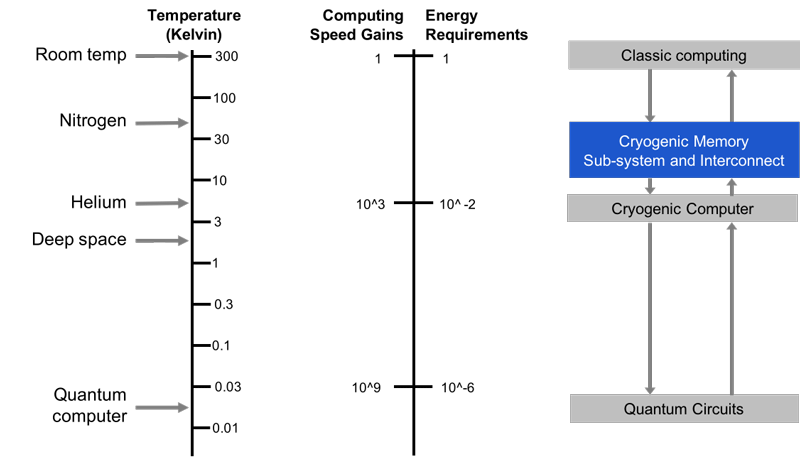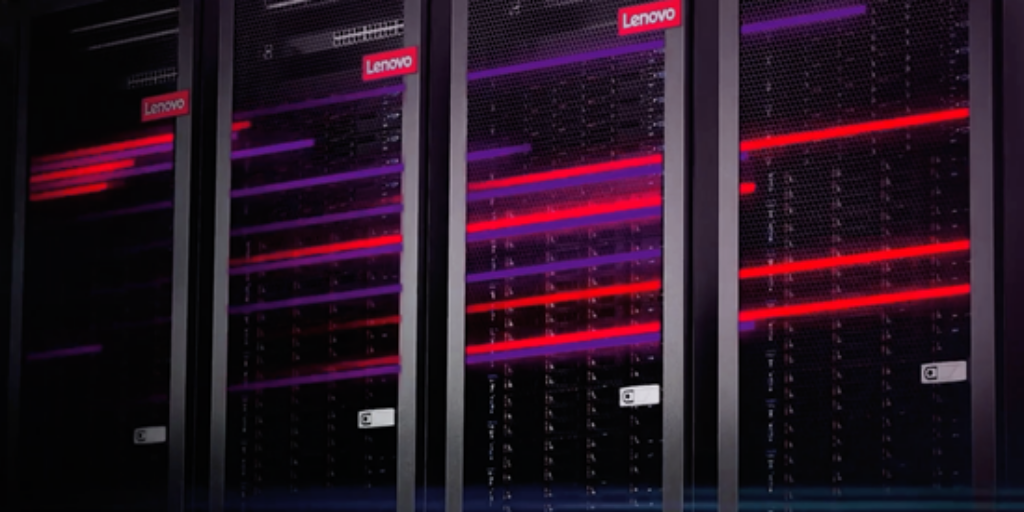Today Rambus Inc. announced an expanded collaboration with Microsoft researchers to develop prototype systems that optimize memory performance in cryogenic temperatures. Following the initial collaboration announced in December 2015, this new agreement extends joint efforts to enhance memory capabilities, reduce energy consumption and improve overall system performance.
With the increasing challenges in conventional approaches to improving memory capacity and power efficiency, our early research indicates that a significant change in the operating temperature of DRAM using cryogenic techniques may become essential in future memory systems,” said Dr. Gary Bronner, vice president of Rambus Labs. “Our strategic partnership with Microsoft has enabled us to identify new architectural models as we strive to develop systems utilizing cryogenic memory. The expansion of this collaboration will lead to new applications in high-performance supercomputers and quantum computers.”
The technologies being developed by the companies will improve energy efficiency for DRAM and logic operation at cryogenic temperatures, defined by the U.S. National Institute of Standards and Technology as below −180 °C or −292.00 °F or 93.15 K and ideal for high-performance super computers and quantum computers. Additionally, it will enable high-speed SerDes links to operate efficiently in cryogenic and superconducting domains and allow new memory systems to function at these temperatures.
“We’re excited to continue working with Rambus and broaden our partnership to further develop technologies for memory optimization in cryogenic temperatures,” said Doug Carmean, partner architect within Microsoft’s research organization. “Rambus’ expertise in memory systems has helped us identify new memory architectures to meet our future requirements.”
Rambus has a long history of researching and exploring emerging platforms, consistently developing meaningful technologies with broad applicability.




